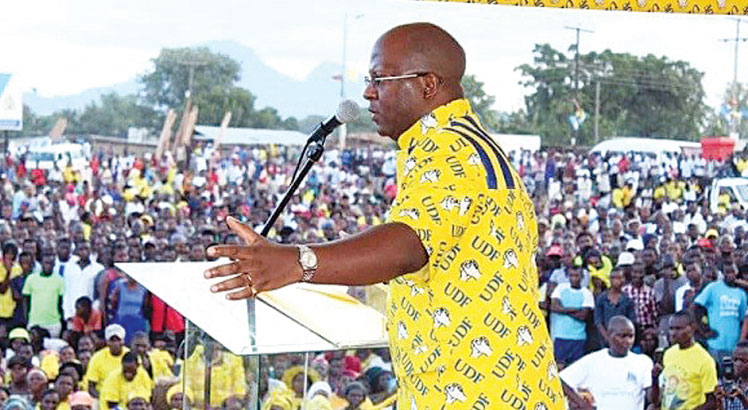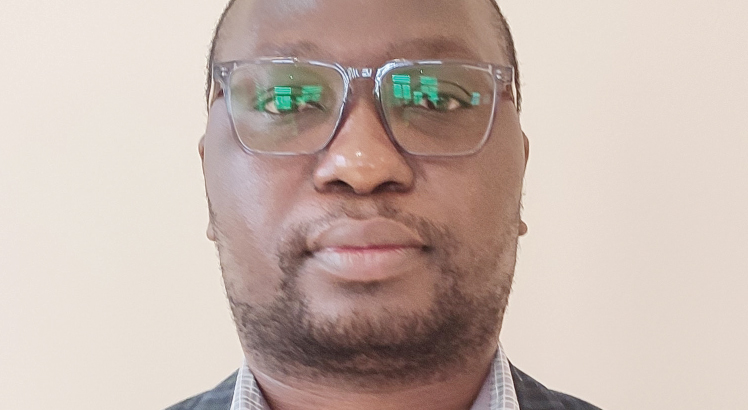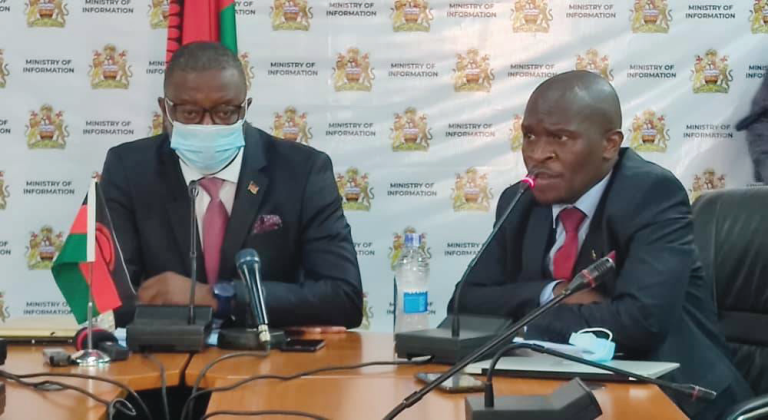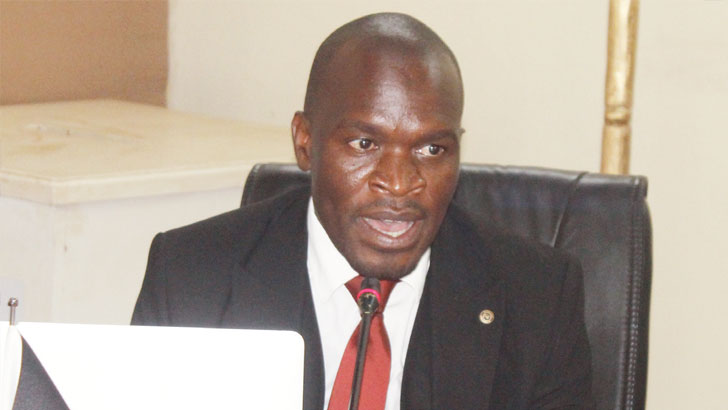Alliances face stormy test
In June 2020, the Tonse Alliance became Malawi’s first electoral coalition to defeat a sitting President in a poll observers described as the most credible in the country’s history.
The nine-party bloc, led by Malawi Congress Party (MCP) president Lazarus Chakwera, outrun Peter Mutharika, who termed his downfall the nation’s messiest election.
The former president has yet to concede defeat but thinly hinted last year that his Democratic Progressive Party suffered defeat because of Vice-President Saulos Chilima’s switch to the Chakwera-led coalition.
“The party did not lose the 2020 Fresh Presidential Election because of me, but because Chilima, who had 20 percent of votes in 2019, joined forces with Chakwera, who got 35 percent of votes.
“This gave them 55 percent in 2020 elections. There is no way we could win with a coalition that was put together,” he said during the Democratic Progressive Party (DPP) fundraising gala in May 2023.
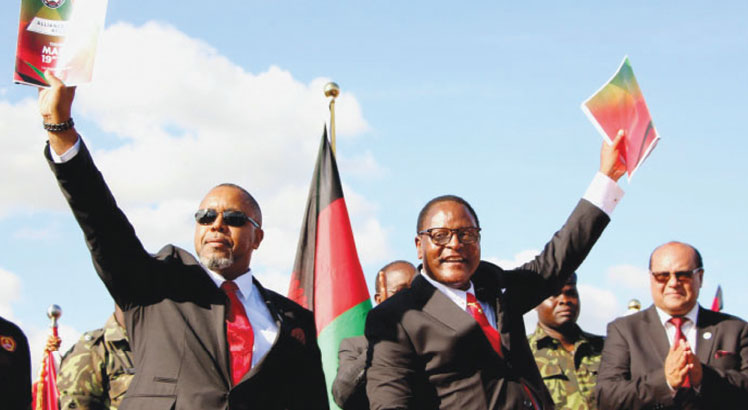
During his inauguration in June 2020, Chakwera paid tribute to his principal ally.
“If it were not for Dr Chilima and other party presidents of Tonse Alliance, fulfilling their political aspirations to forge unbeatable partnerships at the polls, none of us would be here,” the President said during the swearing-in ceremony in Lilongwe.
The two contenders amplify the centrality of the alliance following the Constitutional Court’s historic ruling that the winner in presidential elections has to get over half of the votes.
The Tonse Alliance’s torchbearer triumphed in the 2020 court-ordered fresh presidential poll Mutharika discredited as a judicial coup amid recurring mass protests.
Judges in the High Court sitting as the Constitutional Court and Malawi Supreme Court of Appeal unanimously cancelled Mutharika’s narrow win in 2019 due to rampant irregularities, including tippexed results. They ordered a fresh poll where the winner had to get over half of the votes, a caveat that partly prompted Chakwera to pair with UTM Party president Chilima as his running mate.
The alliance may have proved decisive for Africa’s first opposition leader to defeat a sitting president in a court-ordered election. However, sudden shifts, including MCP’s clamour for Chakwera to go solo in next year’s general elections, have revived the debate over the electoral coalitions’ sustainability.
Tonse Alliance constitutes the country’s biggest alliance since the return of democracy in 1993.
The closest contender was Mgwirizano Coalition led by the late Gwanda Chakuamba, who lost to United Democratic Front (UDF) candidate-turned-nemesis Bingu wa Mutharika in 2004.
Political commentators, including Catholic Bishops, call for sanity and fairness in electoral alliances as the 50+1 electoral system makes it tough for any party to win the presidency single-handedly.
Political analysts say coalitions can herald good governance, increase the legitimacy to govern and executive-legislative tensions if handled properly.
However, some Malawians have lost trust in alliances that crack shortly after elections.
Lilongwe resident Samuel Brand, 27, says alliances only benefit power-hungry politicians.
He states: “With the 50+1 electoral system, alliances are bound to take shape because even the parties with the largest ethnic followers are somehow afraid of going solo.
“As such, we will keep changing presidents one after another because most alliance partners end up frustrated with the unfulfilled promises of their allies.”
Vegetable vendor Annie Kaliya, 41, is concerned about the political coalitions’ blurred commitment and direction.
Says the mother of five, who lives in Chilomoni Township in Blantyre City: “We want a regime that will truly create a better Malawi for all.
“Whether it’s an alliance or not, all we need is development and financial opportunities such as loans for small businesses like mine.”
According to UTM Party spokesperson Felix Njawala, the Tonse Alliance ends in 2025, but the agreement between UTM and MCP will continue.
“The agreement is until 2025 when UTM president Chilima will take charge as the presidential candidate,” he said.
However, Njawala bemoans the lack of interparty communication within the governing alliance.
“The last time we held a meeting as partners was in 2022, a matter that is worrying to the parties that need constant consultation on government management,” he stated.
People’s Transformation Party (Petra) president Kamuzu Chibambo expressed dissatisfaction with MCP dominance in the Tonse Alliance, one of the reasons it is expected to disband in 2025.
Other factors include failure to address socioeconomic challenges faced by Malawians, he said.
Alliance for Democracy (Aford) president Enoch Chihana candidly told The Nation that his party, which fought against MCP’s one-party rule in favour of multiparty politics in the early 1990s, is no longer party to the governing alliance or interested in going into any coalition for next year’s tripartite election.
He says electoral coalitions only benefit bigger political parties at the expense of minority parties.
“Alliances can only serve better if they are backed by the law,” Njawala says. “Whatever agreement that was signed is not legally binding. No one can go to court because it’s not backed by the Constitution.”
For the son of Aford’s founding czar Chakufwa Chihana, it is a waste of time to go into political arrangements.
“When bigger parties get what they want, they simply dump you. We need a law to guide this,” he adds.
His famous father, who rose against Hastings Kamuzu Banda’s 31-year-old dictatorship, also decried being used and dumped when he steered Aford into alliances with UDF and MCP.
UDF, which went to the 2020 elections on Mutharika’s wings, recently ignited calls for legislation guiding electoral alliances in the wake of the 50+1 rule.
In November 2022, the yellow party said it would be crucial to amend the Constitution to “ensure that no political party feels superior to its partners”, especially during the second poll if the first had no clear winner.
However, the Malawi Law Society (MLS), MCP and DPP said there was no need to have a national law regulating political party alliances.
MLS president Patrick Mpaka said lawmakers should not waste time trying to regulate political alliances.
“They must focus on how governments can deliver the will of the people instead of focusing on power-sharing arrangements through alliances,” he said. “Alliances seem to be largely an advancement of selfish interests instead of the collective wishes of the people clearly expressed in the Constitution.”
Victor Kalimanjira, 29, from Dowa District says power struggles in alliances slow policymaking and government reform for national development.
“Alliances should strive to be inclusive, incorporating diverse voices from the citizenry to ensure that policies are responsive to the needs of all citizens,” he says.
Kilimanjara suggests that people in power should constantly dialogue and consult the citizenry instead of fighting for top positions.
They need to create feedback mechanisms to maintain public trust,” he says.
Political analyst Victor Chipofya says the simmering conflicts in political alliances are unsurprising.
“Electoral alliances are marriages of convenience, not alliances of ideas,” he says. “Political parties go into an alliance to fulfil their interests. Once they are fulfilled, the conflicts arise because the allies do not see a reason to work together anymore “.
A study by Samson Lembani indicates that political coalitions do not primarily improve the political development of the country.


